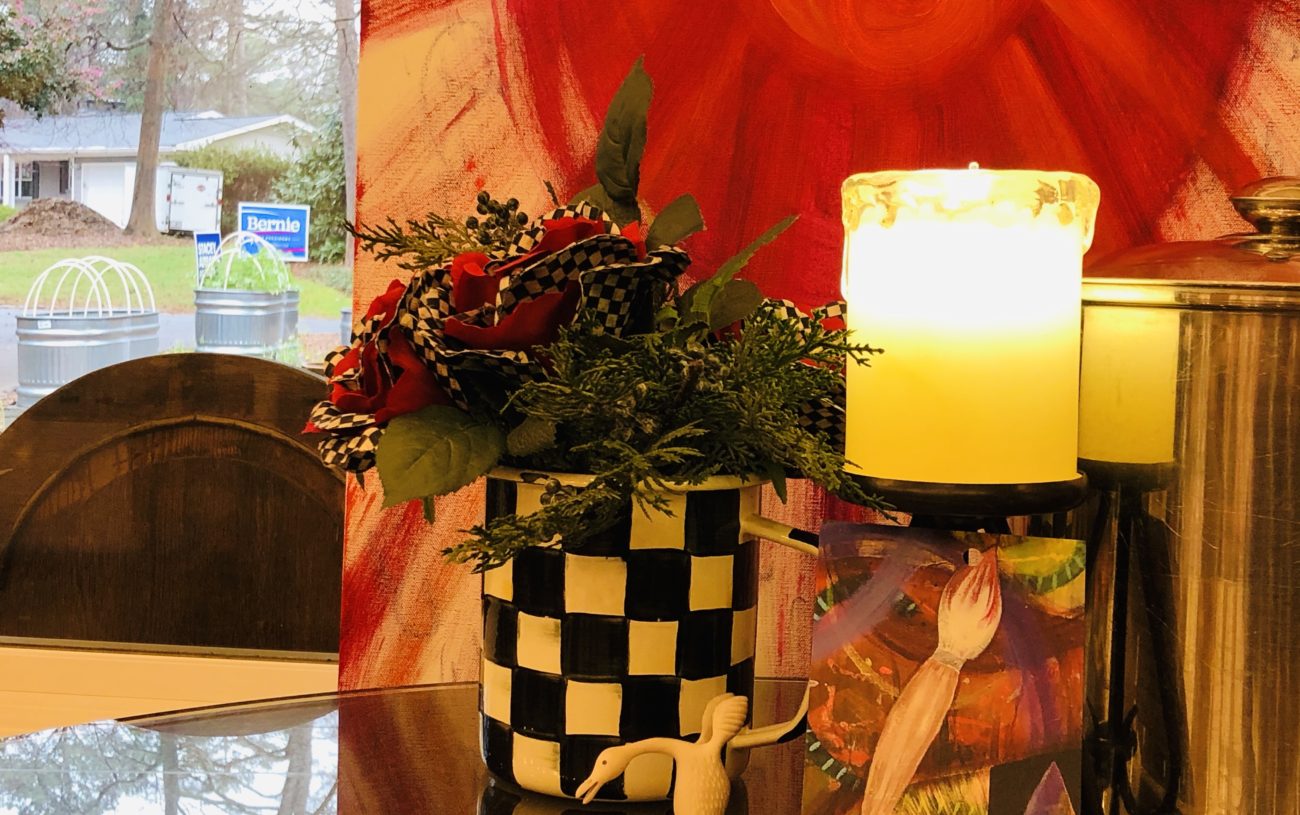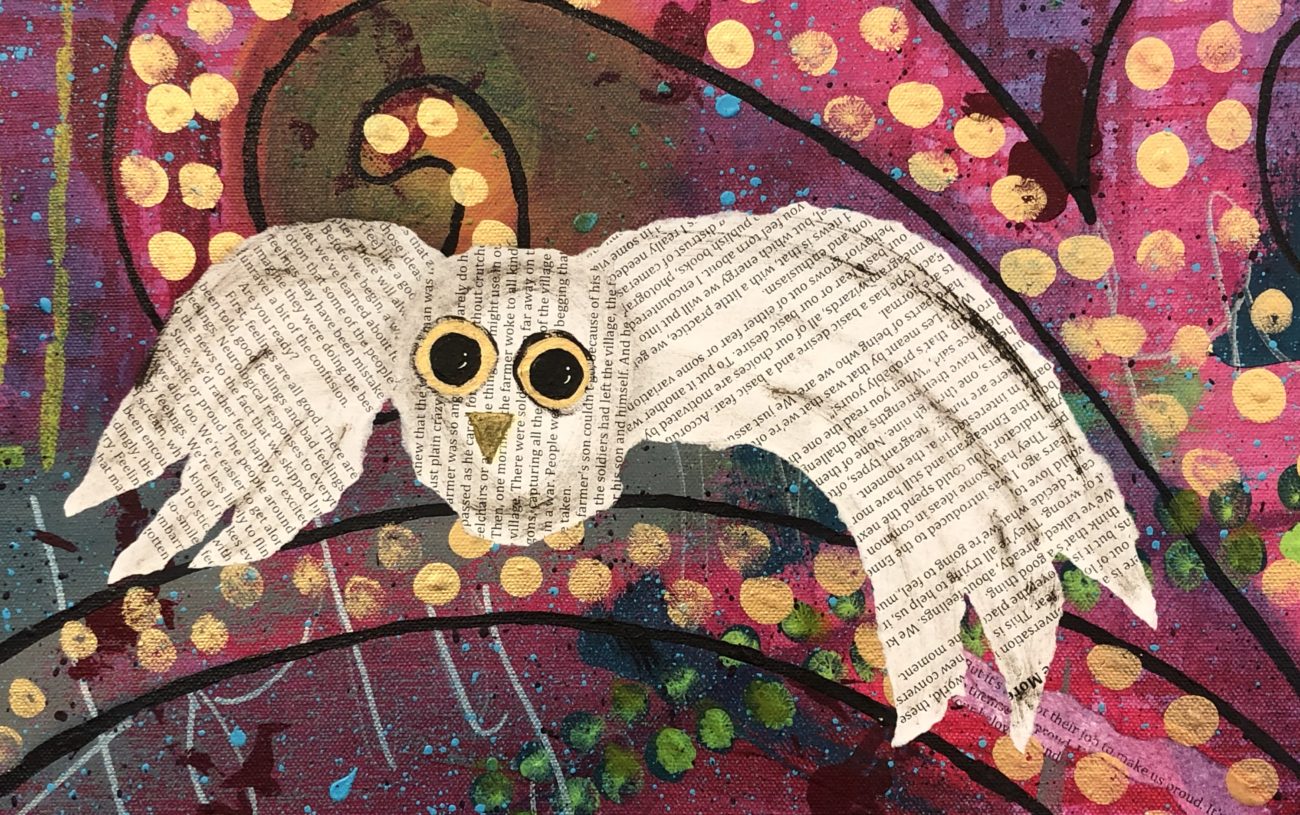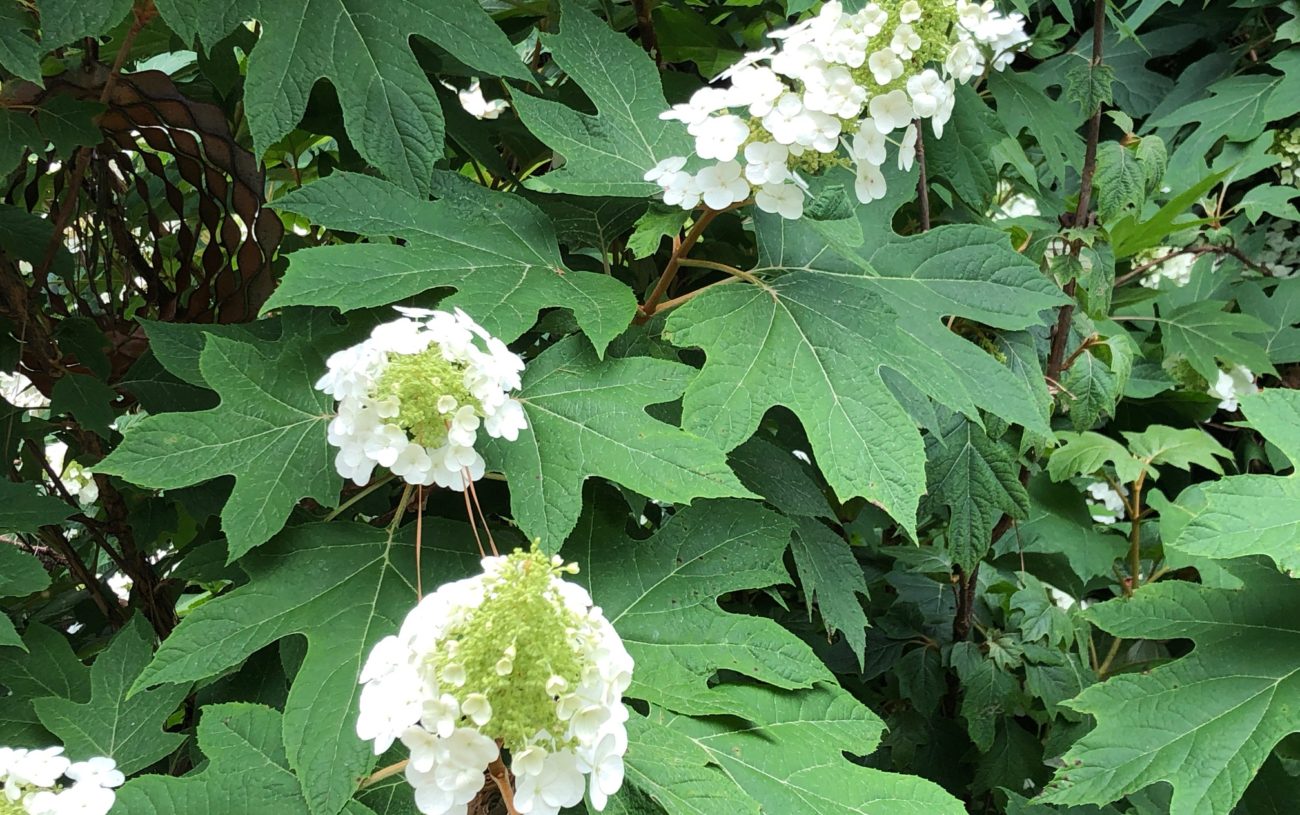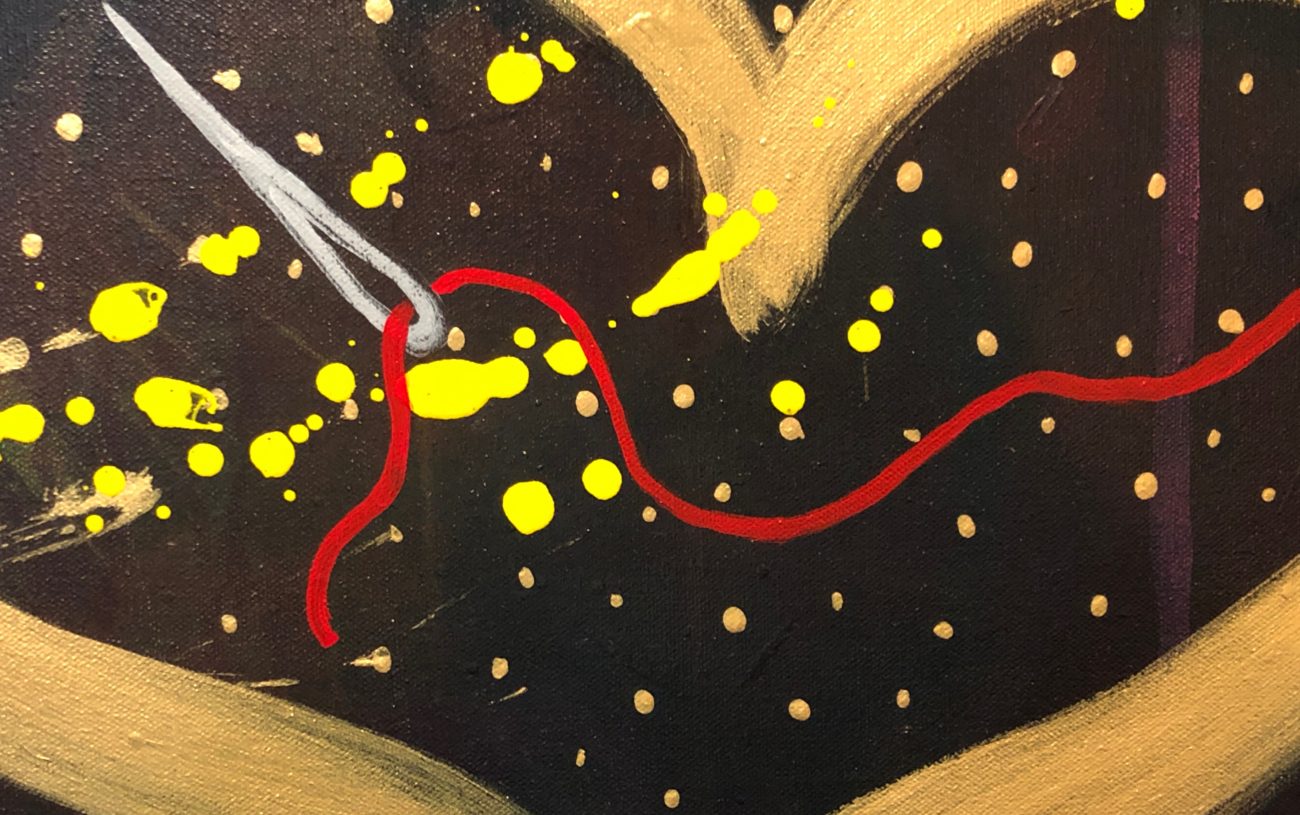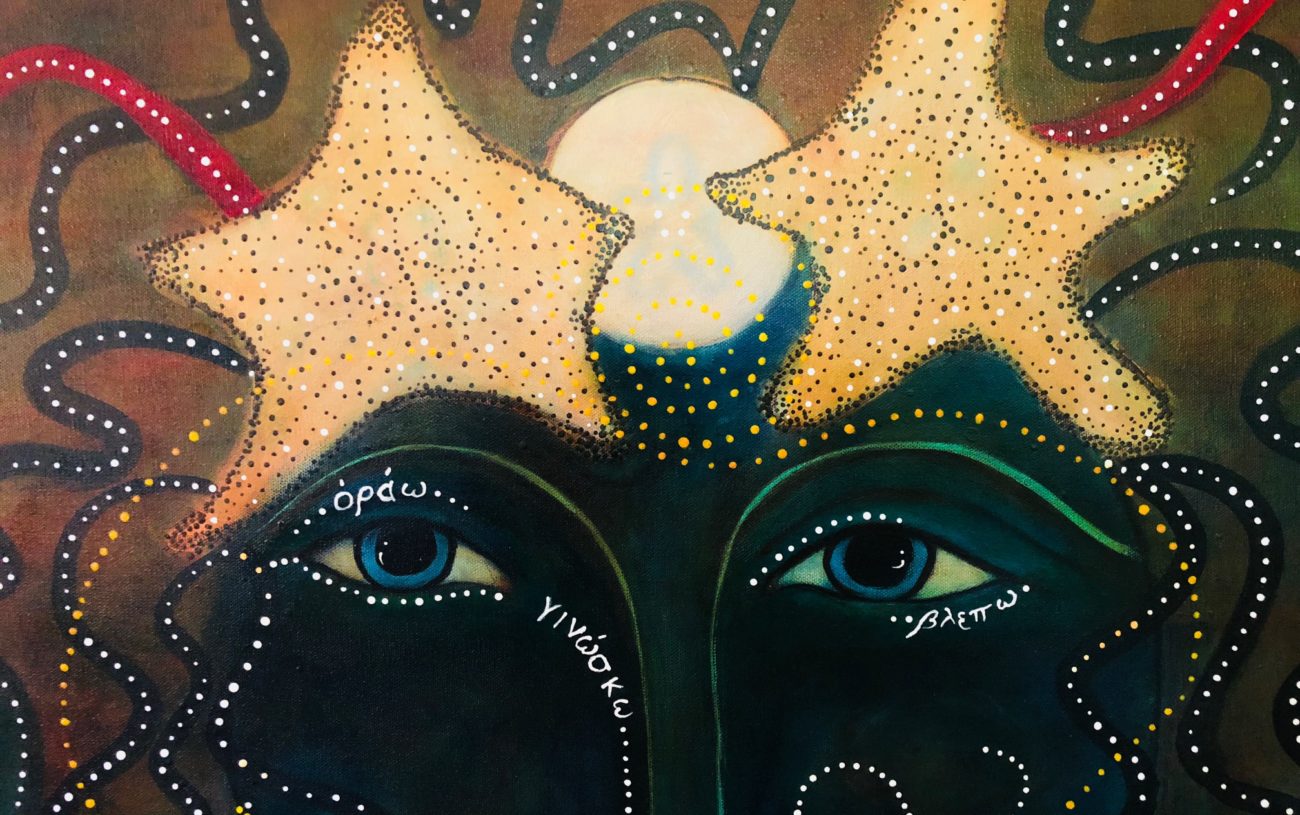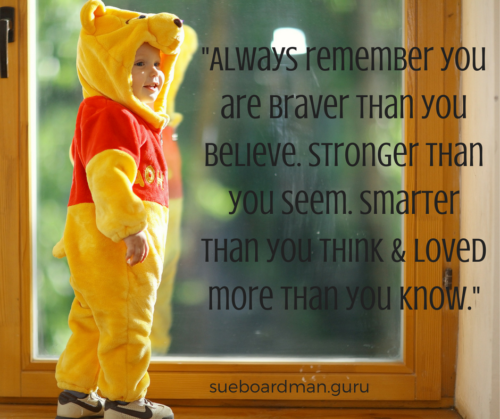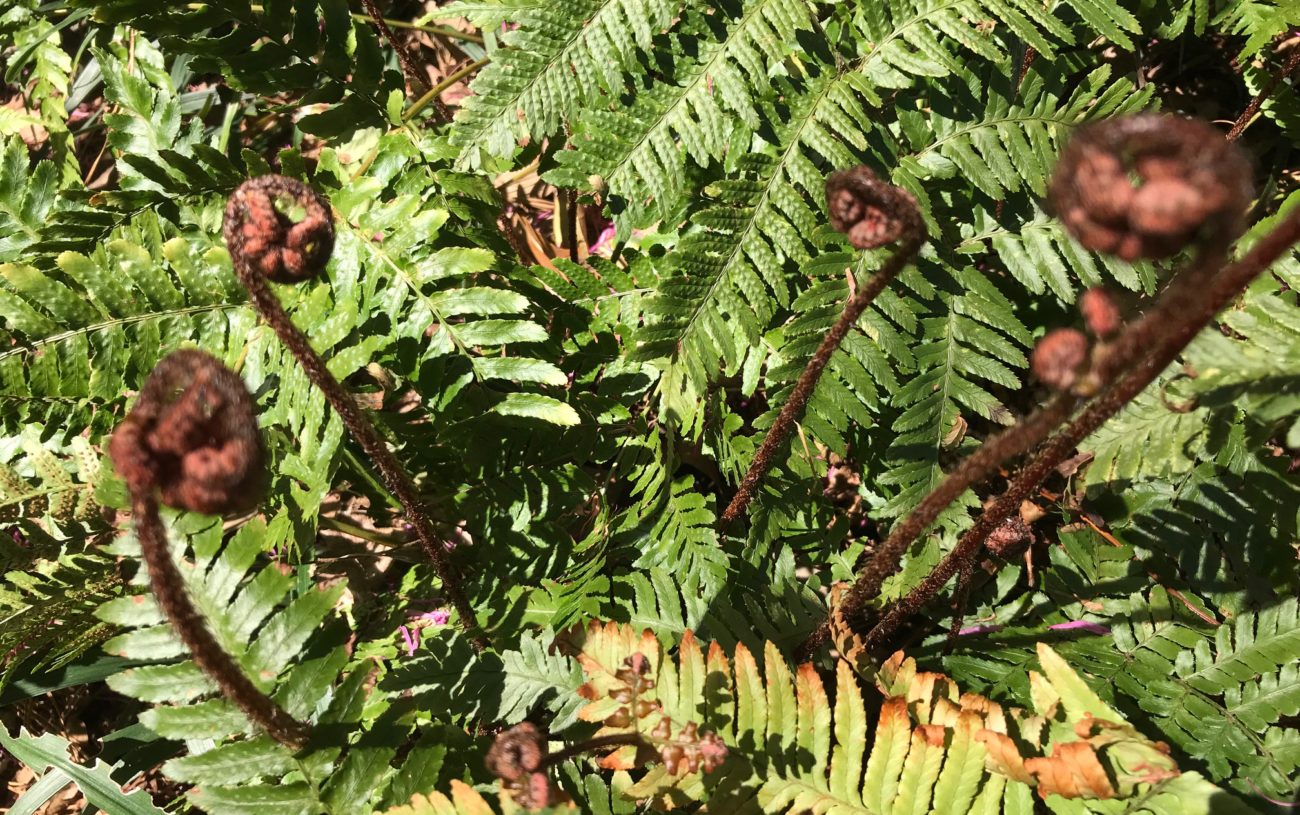One of the good things about being a writer is that many of us are “afflicted” with the habit of writing down wise things our teachers have said through the years.
Then, when the world feels like somebody just yelled, “Tilt!”, we have someplace to start hunting for words that just might sustain us. Rather like the tagline on this blog.
…situational angst and stardust soup
I don’t know about you, but the news over the last couple of days sent me rooting through my mental and electronic attics for some words like that. Whether it’s a surprise for you or something already settled into one of your mental boxes, this ancient Sufi teaching story is the best I’ve got in this moment. (This is how I learned it, in a training group for hypnotherapists, 12 or 15 years ago.)
The Wise Old Man at the Top of the Mountain
Once upon a time, a very, very long time ago, there was a farmer. The farmer lived in a small village in a far-away land, near a mountain.
One morning the farmer got up and went out to care for his animals. As he went about his chores, the farmer, who was very poor, noticed that his cow was missing. “Oh, no!” cried the farmer. “Whatever will we do?” The farmer was very upset and he had no idea what to do next. As the day went on, the farmer became even more unhappy. Finally he decided that he had to do something. There was only one thing he could think of to do.
He walked sadly down the little road until it started to lead up the mountain. The farmer climbed and climbed up the mountain. His feet hurt and it was beginning to get cold, but still the farmer climbed. When he got to the top of the mountain, he found a cave where there lived a wise old man.
“Farmer!” called the wise old man, for he was used to having visitors like this. “Come in. Sit by the fire. Have a cup of tea. And tell me what brings you here today.”
The farmer bowed to the wise old man and accepted his cup of tea. And then, with a shaking voice and a tiny tear in his eye, the farmer told the wise old man that his cow was gone. Disappeared.
“How will my family live?” the farmer asked. “We need the cow for milk and to plow our fields. Without her, we will starve.”
The wise old man set his tea down and he began to pull on his long skinny beard with one of his hands, as he looked deep into the farmer’s eyes. “We don’t know,” said the wise old man, “whether this is good news or bad news.”
The farmer leaped up, dropping his tea on the floor. This man wasn’t wise! Clearly losing their cow was terrible news. And off the farmer went, stomping down the mountain and muttering to himself about the crazy old man.
Several days went by. The farmer spent a lot of time telling his neighbors about his trip up the mountain and how strange it was that the old man just said, “We don’t know if this is good news or bad news.”
The next morning the very worried farmer got up and went out to begin his work. There, much to his surprise, was his cow. And not only his cow, but a big, strong bull as well. The farmer was so surprised and so happy that he dropped his tools and went, as fast as he could go, back up the mountain to see the wise old man.
“Come in,” the wise old man greeted him. “Sit down. Have a cup of tea.”
The farmer was so excited he was nearly bursting with his news.
“Tell me what brings you here today,” said the wise old man.
“Well!” said the farmer. “I got up this morning and there was my cow. She came home! And not only that, but there was a beautiful, strong bull in the yard as well! Our family is saved! We’ll be rich!”
The wise old man set his tea down and he began to pull on his long skinny beard with one of his hands as he looked into the farmer’s eyes. “We don’t know,” said the wise old man, “whether this is good news or bad news.”
The farmer had never heard anything so silly in his life! Of course this was good news! And off the farmer went, stomping down the mountain and muttering to himself about the crazy old man.
Some more time passed.
One day, the farmer’s son, who was just learning to use the plow to dig up the earth for planting, hitched the big, strong bull to the plow and began to work. It was a nice, sunny day and the farmer’s son was thinking about many things. Suddenly, a very large bee flew up and stung the bull right on his nose.
Well! The bull bellowed really loudly, as bulls are known to do, and began to run. The farmer’s son wasn’t strong enough to hold on to the plow. He fell over right in the field and heard a loud sound coming from his leg. Suddenly his leg began to hurt more than anything had ever hurt before. All he could do was sit in the dirt and watch as the bull dug up the earth and ran, as fast as he could go, right through the fence and away down the road.
The farmer, who loved his son, heard him crying and went running to see what was wrong. There was his dear son on the ground. The field was destroyed where it was all dug up. The bull had clearly crashed through the fence and run away. The farmer did not know what he and his family would do so he did the first right thing. He went and got the village doctor who came and cared for his son.
The boy’s leg was broken. The doctor tied tree branches to each side of it, as they used to do long ago, and wrapped it tight with some old pieces of cloth. The farmer and the doctor carried the boy to a small porch on the front of their tiny home. The doctor said the boy would have to stay there for many weeks and would not be able to walk.
The farmer was more and more upset. In fact, he was more upset than he’d ever been. Finally, because he didn’t know what else to do, he went and climbed slowly up the mountain.
“Come in,” the wise old man greeted him. “Sit down. Have a cup of tea. Tell me what brings you here today.”
The farmer was so upset he could barely talk. Finally he managed to explain what had happened. His field was ruined. The bull was gone, and with him the plow. And his dear son’s leg was broken and would not heal for many weeks.
The wise old man set his tea down and he began to pull on his long skinny beard with one of his hands, as he looked deep into the farmer’s eyes. “We don’t know,” said the wise old man, “whether this is good news or bad news.”
With that, the farmer flung his tea cup to the ground and went stomping down off the mountain, threatening to tell everyone he knew that the wise old man was not wise at all, but mean and just plain crazy.
The farmer was so angry he could barely do his work. A few days passed as he cared for his son without crutches or wheelchairs or any of the things we might use in our time.
Then, one morning, the farmer woke to all kinds of noise in the village. There were soldiers from far away on the road, with wagons, capturing all the young men of the village to go and fight in a war. People were crying and begging that their sons not be taken.
The farmer’s son couldn’t go, because of his broken leg.
When the soldiers had left the village, the farmer went and fixed tea for his son and himself. And he pulled a bit at his long, skinny beard and said, with a light of understanding in his eye, “We really don’t know, do we?
(Boardman, Grandmothers Are In Charge Of Hope )
It feels a lot like that around here. And I’m really glad I know this story!
So, lacking the knees to climb our local mountain, I made myself a cup of tea and collaged some of this story to my almost finished painting, The Wisdom of Trees & Grandmothers. Then, I started thawing things headed for my very biggest stock pot. It’s time to boil bones!
Which is likely to be a good thing, even in the midst of a world full of things we only think we know about.
p.s………. Great day making art with awesome women. Watch for next workshop info, coming soon!

